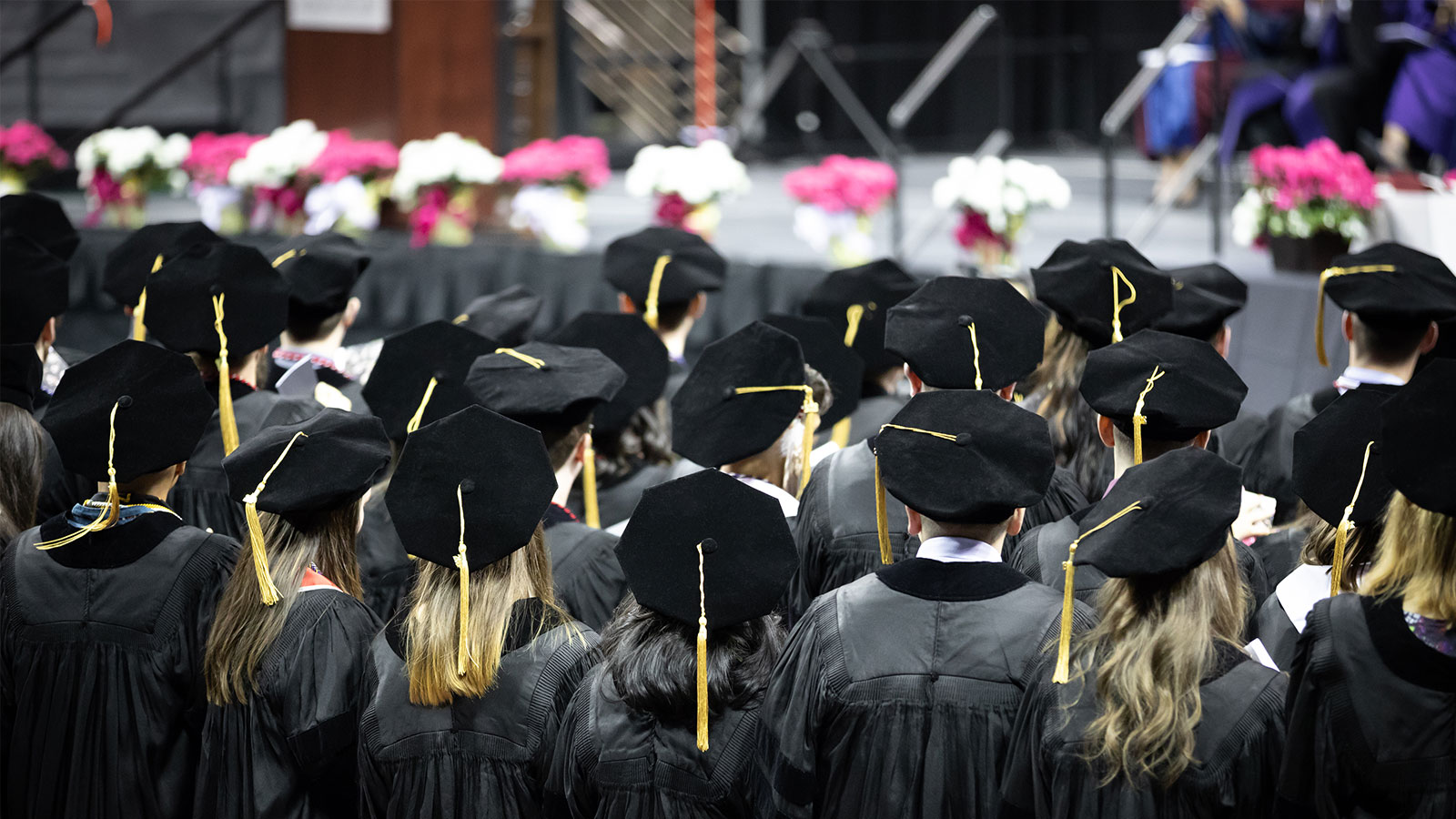
NATIONAL LAW JOUNRAL
Democracy Is Backsliding —
The Rule of Law in Decline
June 28, 2021
January 7, 2022
Data shows that our democracy is “backsliding” and our rule of law is in decline. Yet our nation’s lawyers—the profession most trained to help—largely remain on the sidelines instead of taking a stance.
By Scott Harshbarger and Lauren Stiller Rikleen
Reprinted with permission from the January 7, 2022 edition of The National Law Journal © 2022 ALM Media Properties, LLC. All rights reserved.
Too many members of the legal profession have remained silent bystanders in the face of threats to the foundational principles of democracy. In the past year, laws have been passed to make voting more difficult in communities of color and to enable one party to change the results of fair and free elections. Public officials and members of the media have been threatened and intimidated simply for doing their jobs. And many lawyers who have promoted the “Big Lie” of fraud in the 2020 election still have not been held accountable for violating the oath they took to protect the Constitution.
Where is the collective voice of the bar? The silence is comparable to the medical profession deciding to sit out the COVID pandemic. Crisis requires responsibility, not retreat.
Because the legal profession can and must do better, Lawyers Defending American Democracy has created the Democracy Commitment to help lawyers across the country leverage their considerable knowledge and influence at this perilous time in our country’s history.
By signing onto the Democracy Commitment, lawyers are agreeing to take concrete actions to engage the profession and the larger community in adhering to four fundamental principles:
- Public discourse must take place in an atmosphere that promotes civility and robust debate and rejects threats and intimidation.
- Threats, intimidation or violence aimed at government officials or political candidates at any level, or at members of the media, are fundamental threats to our democracy and warrant an immediate response from the legal profession.
- Participation in a free and fair election, administered by officials with no stake in the outcome, is the most fundamental right we have as Americans, and that right must be protected.
- Each member of the electorate must be treated with dignity and have equal and unfettered access to the polls so they may exercise their right to vote.
National, state, regional and city bar associations, in particular, have a role to play. During another time of deep divide—the busing crisis in the mid-1970s—the Boston Bar Association (BBA) played a prominent leadership role. In a landmark federal court decision, Judge Arthur Garrity ruled that the Boston School Committee knowingly maintained policies that promoted a segregated school system and ordered that affirmative steps be taken to integrate. The forced busing that ensued precipitated a ferocious and violent response from white residents as buses carrying Black children rolled into their neighborhoods.
The BBA responded to this crisis by appointing a Committee on Desegregation to develop
information and resources that would help the public understand the court’s order and its roots in the Constitution, and to serve as a resource to the community. The BBA emerged from this experience as a trusted voice in both the legal profession and the greater Boston community.
The Democracy Commitment similarly offers a road map for lawyers at a time of crisis, asking them to serve as leaders, conveners, collaborators, community partners and educators, undertaking a variety of educational programs and projects in their geographic and social areas of influence. To protect democracy, lawyers can mobilize citizens to respond to and reject dishonesty, threats, intimidation and violence, regardless of source. LDAD commits to being an engaged and active partner.
Lawyers in private practice or in corporate law departments must not hide behind concerns that their clients or business partners might object. Bar associations must not shirk their duty to protect the rule of law, even if they fear their members may mischaracterize such duty as partisan. And law school deans must consider their support of democracy a critical teaching moment.
It is the obligation of all lawyers to convince doubters that the defense of democracy is not partisan; rather, it is a fundamentally patriotic act. Our free and democratic system requires that those most capable of defending the rule of law and the Constitution step up and meet the challenge of the moment.
Lawyers must ask themselves one question to guide their actions in 2022: When the history of this time is written, what will my legacy be?
Stay Informed —
featured press


All Rights Reserved. © 2026
General Inquiries • Press Inquiries • Follow on: LinkedIn • Instagram • Bluesky • Facebook